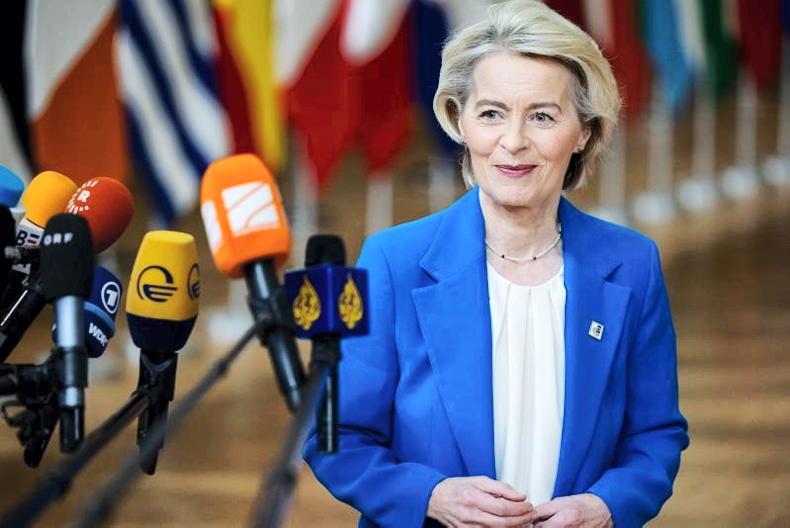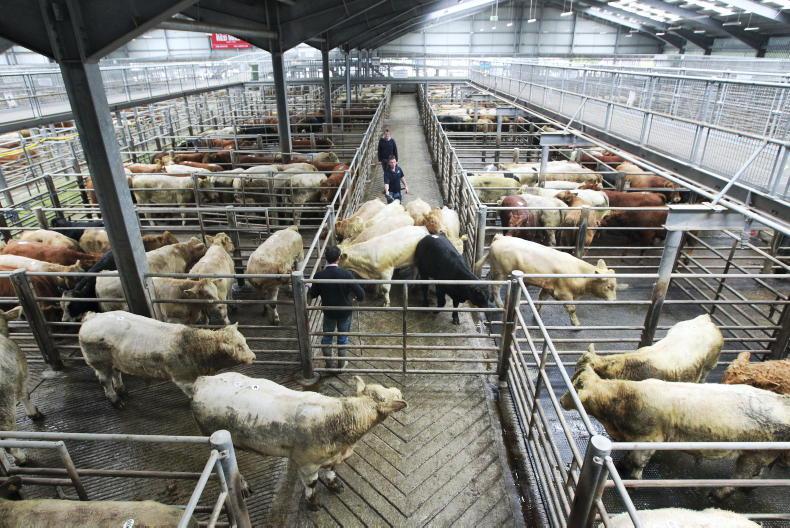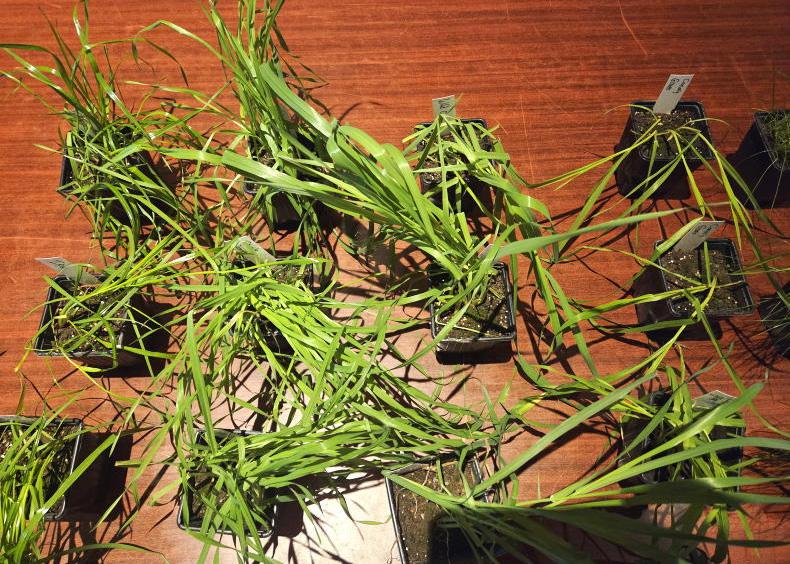European Union sources said that the European Commission’s Standing Committee on Plants, Animals, Food and Feed (PFAFF) has postponed its vote for the second time amid disagreement between the experts appointed by member states.
French environment minister Ségolène Royal, who has introduced a ban on glyphosate on her country and campaigned to have the chemical outlawed at EU level, said on Twitter: “Very good news. Glyphosate authorisation blocked. More and more countries have followed France and refused to vote for the authorisation.”
The group of Green MEPs said the proposal put by the European Commission by the PFAFF was “to reapprove glyphosate for use in Europe for nine more years, with almost no restrictions”.
The majority required to adopt the proposal failed to emerge at the meeting. There has been conflicting scientific advice on the health risks posed by glyposate.
There are now six weeks left before the current authorisation to sell glyphosate-based herbicides such as Monsanto’s Roundup expires.
Farming unions have criticised the failure to reach a decision.
The president of the Ulster Farmers Union, Barclay Bell criticised the lack of action: “Glyphosate is Europe’s most commonly used herbicide and it is important that it remains as widely available to the industry as it is now. I cannot understand the logic behind delaying a decision on a product which is proven to be safe and beneficial. Farmers in Northern Ireland will take a dim view of this decision to delay and I urge all parties to reach an agreement immediately.”
Pekka Pesonen, secretary general of the European umbrella farming organisation COPA-COGECA said: "Without its authorisation, we would be put at a competitive disadvantage vis a vis non-EU countries who use it widely, and it would jeopardise the fight against unger and malnutrition."
The Glyphosate Task Force, a group representing leading pesticide manufacturers, said in a sstatement that "the comprehensive risk assessment conducted by Germany on behalf of the 28 EU Member States and peer reviewed by the European Food Safety Authority (EFSA) clearly concluded that glyphosate poses no unacceptable risks. Therefore, delays of this nature which are evident during the final stages of the process simply expose an acute politicisation of the regulatory procedure."
Monsanto's vice president of global regulatory and governmental affairs Philip Miller called for a "prompt and full renewal of glyphosate by the EU member states", adding: "This delay undermines the credibility of the European regulatory process and threatens to put European farmers and the European agriculture and chemical industries at a competitive disadvantage."
Read more
Full coverage: glyphosate
European Union sources said that the European Commission’s Standing Committee on Plants, Animals, Food and Feed (PFAFF) has postponed its vote for the second time amid disagreement between the experts appointed by member states.
French environment minister Ségolène Royal, who has introduced a ban on glyphosate on her country and campaigned to have the chemical outlawed at EU level, said on Twitter: “Very good news. Glyphosate authorisation blocked. More and more countries have followed France and refused to vote for the authorisation.”
The group of Green MEPs said the proposal put by the European Commission by the PFAFF was “to reapprove glyphosate for use in Europe for nine more years, with almost no restrictions”.
The majority required to adopt the proposal failed to emerge at the meeting. There has been conflicting scientific advice on the health risks posed by glyposate.
There are now six weeks left before the current authorisation to sell glyphosate-based herbicides such as Monsanto’s Roundup expires.
Farming unions have criticised the failure to reach a decision.
The president of the Ulster Farmers Union, Barclay Bell criticised the lack of action: “Glyphosate is Europe’s most commonly used herbicide and it is important that it remains as widely available to the industry as it is now. I cannot understand the logic behind delaying a decision on a product which is proven to be safe and beneficial. Farmers in Northern Ireland will take a dim view of this decision to delay and I urge all parties to reach an agreement immediately.”
Pekka Pesonen, secretary general of the European umbrella farming organisation COPA-COGECA said: "Without its authorisation, we would be put at a competitive disadvantage vis a vis non-EU countries who use it widely, and it would jeopardise the fight against unger and malnutrition."
The Glyphosate Task Force, a group representing leading pesticide manufacturers, said in a sstatement that "the comprehensive risk assessment conducted by Germany on behalf of the 28 EU Member States and peer reviewed by the European Food Safety Authority (EFSA) clearly concluded that glyphosate poses no unacceptable risks. Therefore, delays of this nature which are evident during the final stages of the process simply expose an acute politicisation of the regulatory procedure."
Monsanto's vice president of global regulatory and governmental affairs Philip Miller called for a "prompt and full renewal of glyphosate by the EU member states", adding: "This delay undermines the credibility of the European regulatory process and threatens to put European farmers and the European agriculture and chemical industries at a competitive disadvantage."
Read more
Full coverage: glyphosate









SHARING OPTIONS